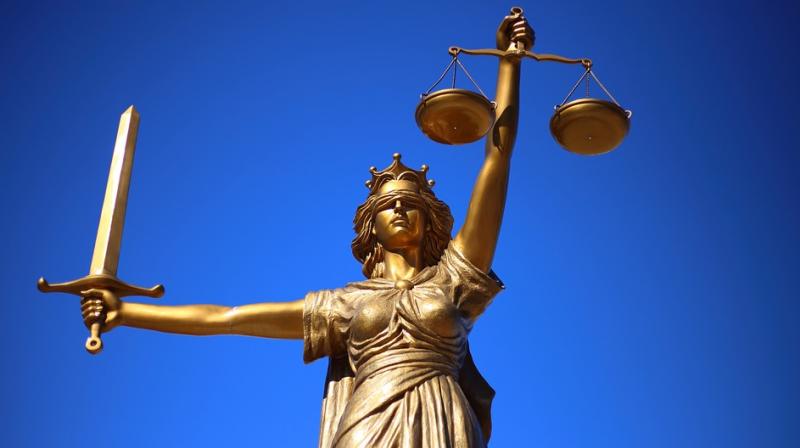Mystic Mantra: Justice is truth in action

Justice is conscience, not a personal conscience but the conscience of the whole of humanity.
— Aleksandr Solzhenitsyn
Justice is the cardinal value that has been the bedrock of all great civilisations. Without justice, the bulwark of human society would crumble. A glance at history would show that all those civilisations, which did not nurture and nourish the values, scripted their own doom.
All great rulers whose names gleam through the pages of history gave the highest place to justice in their kingdoms. They made themselves accountable at the altar of justice, securing a proud place in the scrolls of history. They harnessed their efforts to promote righteousness and establish the rule of rectitude and justice in human affairs.
All scriptures acknowledge that even in God’s system of divinity, justice is the key principle, never allowing the conscious evildoer to escape the consequence of his deeds, and never letting righteousness go unrewarded, either in this world or in the hereafter. Martin Luther King Jr emphasised: “Let us realise the arc of the moral universe is long, but it bends toward justice.”
To the Romans, justice was a goddess whose symbols were a throne that tempests could not shake, eyes that were blind to any feeling of favour or ill will, a pulse that passion could not stir and the sword that fell on all offenders with equal certainty and with impartial strength.
The time-honoured symbol of justice has been epitomised in the inspiring depiction of a crusading blindfolded woman with a scale in one hand and a sword in the other. It has been adapted from Greek and Roman mythology. Why is justice painted blind? Joseph Addison gives an explanation: Justice discards party, friendship, kindred, and is always, therefore, represented as blind. It signifies that she is impartial and without prejudice. She bears no ill will to one or the other and favours neither.
Justice is not an essential virtue left just to kings, rulers or to judges and pleaders. It is a social value for every human transaction. When the Roman emperors went in procession, they had a person walking in front proclaiming “memento mori”, remember you will die one day. When judges go to court the flunkeys in front of them could proclaim, “Remember one day you will have to retire”. The ministers and high public officials can equally be reminded that way. This can also apply to every individual in every context.
Thinkers of all hues agree that justice means equality of some kind; the more advanced among them prefer to humanise economic, social and political thought and marry it to moral principles, linking justice with human aspiration and deprivation. Economists and philosophers now seem to have a burning conviction to improve the world. Instead of considering justice as a singular idea, they want to engineer its moral precepts for everyone’s well being. In this light, justice can be distilled into three ideas: respecting freedom, ensuring fairness and promoting virtue. The concept of freedom can be enlarged to include freedom from hunger, disease, indignity and discrimination.
The simple understanding of justice that has always animated mankind is that the practice of fairness in everyday life is best exposit of the deeper philosophy that underlies the entire concept. That is inescapably the best way to pursue justice so that we achieve harmony and well being for entire humanity.
H11

